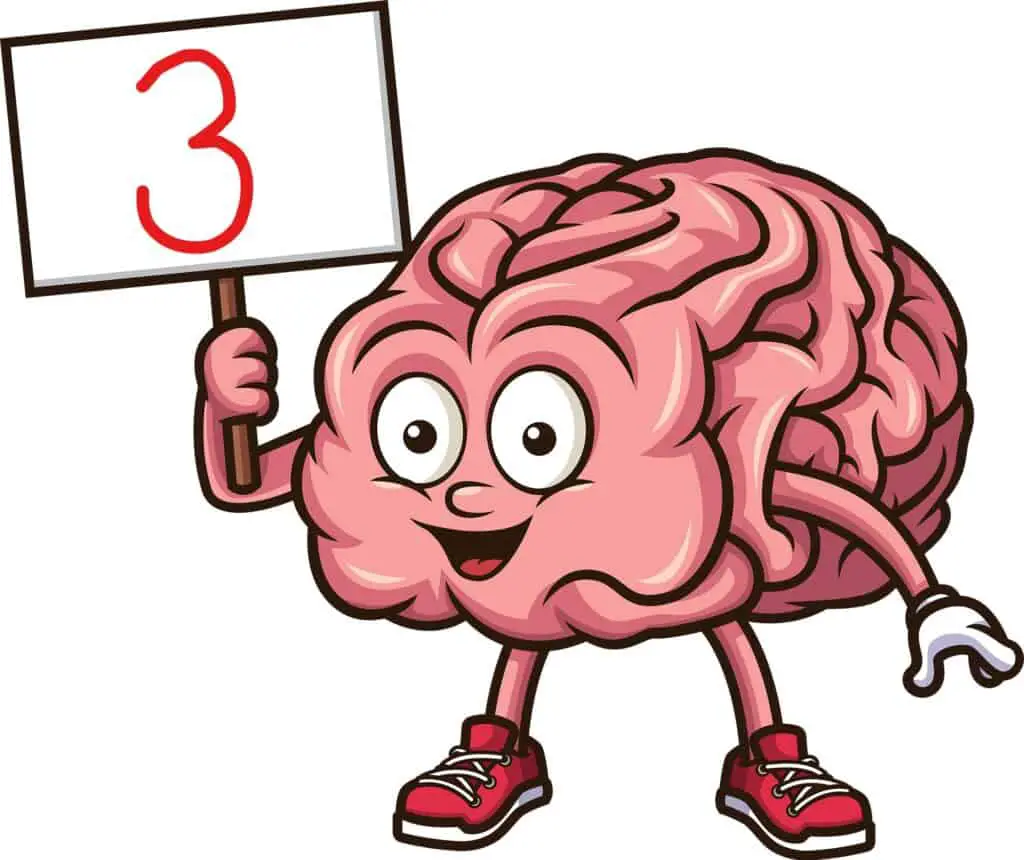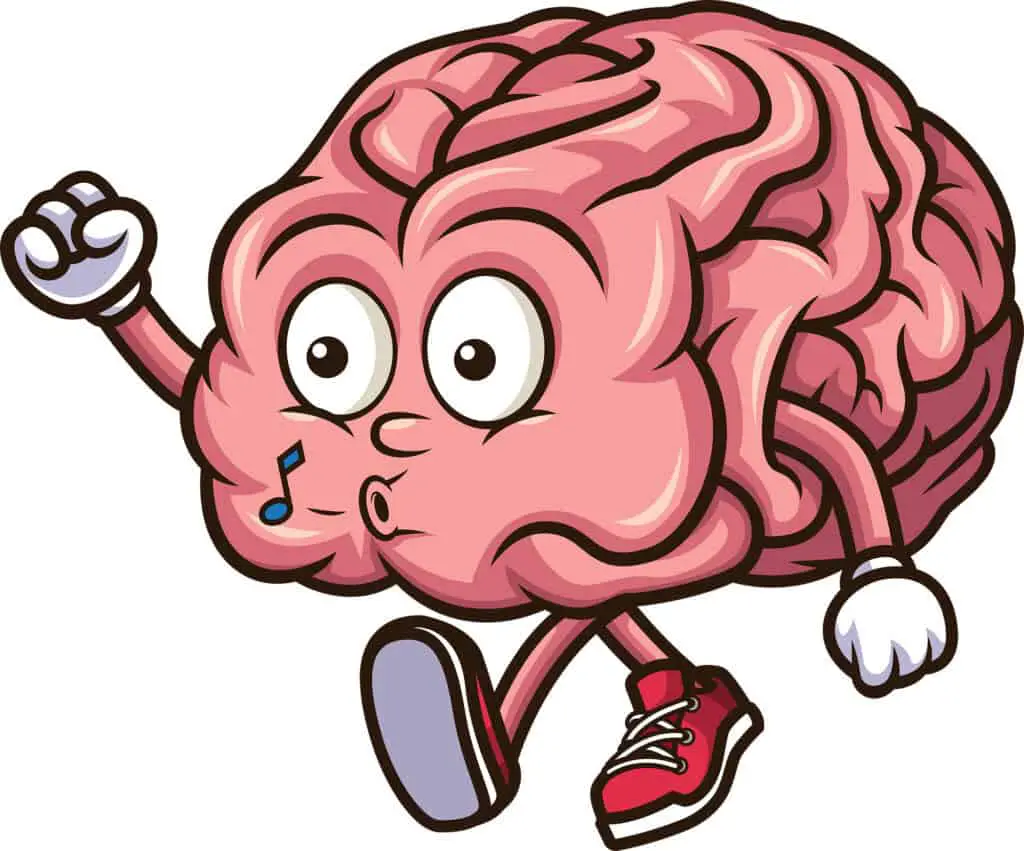
Learning a second language is on most people’s to-do-lists. Not only does it make a person’s resume look far more impressive, but it can also boost the brain in an amazing way.
Endless amounts of research and studies have proven that learning a second language is one of the best exercises for the brain. Some proven ways it boosts the brain is that it improves the executive functions of the brain; helps the brain grow; and last, even slows the progression of some diseases.
Whether you are interested in learning a new language to widen your career opportunities or make it a little easier when you travel to your dream destination, it will provide many benefits to your brain. Keep reading the article to discover three ways learning a second language can boost your brain.
Contents
- 1 Learning a Second Language Boosts Executive Functions in the Brain
- 2 Learning a Second Language Makes Your Brain Grow
- 3 Learning Another Language Helps to Protect the Brain from Aging
- 4 Other Benefits of Learning a Second Language
- 4.1 Knowing a Second Language Boosts Your Job Opportunities
- 4.2 Speaking Another Language Can Make Travelling Less Awkward
- 4.3 Knowing a Second Language Boosts Your Multitasking Abilities
- 4.4 Having a Second Language Boosts Your First Language
- 4.5 Understanding a Second Language Can Make You Feel Boosts Your Self-Confidence
- 5 The Final Talking Point on Ways Learning a Second Language Can Boost the Brain
- 6 Sources
Learning a Second Language Boosts Executive Functions in the Brain

One way that learning a second language can boost the brain is by improving the so-called “executive functions.” The executive functions allow a person to stay focused, focus on demand, and change focus to the next appropriate thing.
The executive functions also describe skills that help a person to remember and focus on what is important and ignore the information that is not important.
The reason that learning a second language can help improve these functions is because when you know two different languages, you are constantly subconsciously thinking of both languages and actively making sure that you are saying the correct phrase in the correct language at the appropriate time.
This skill also helps you to do things without being distracted, even things that do not involve speaking any language at all. It could be any daily task.
The executive functions are observed in these parts of the brain:
- Prefrontal Cortex- This part of the brain is responsible for problem solving, controlling emotions and intelligence, communication, and memory.
- Bilateral Supramarginal Gyri- This part of the brain helps a person to link together words and meanings.
- Anterior cingulate- This part of the brain, the front part, is responsible for decision-making, empathy, and impulse control.
Learning a second language helps stimulate all three of those parts of your brain, boosting your focus.
Learning a Second Language Makes Your Brain Grow

Another way that learning a second language can boost the brain is by making it grow in size, as strange as it may sound! (If you’d like to read more about I.Q. and language learning, I’ve addressed that in detail here.)
- Learning a second language increases the size of the hippocampus, which is the part of the brain that is responsible for storing, forming, and receiving memories, and it increases the seize of the brain’s language centers, which are the angular gyrus, Broca’s, and Wernicke’s areas.
- Learning a second language also increases the amount of gray matter in the brain. Gray matter is the term used to describe how many cell bodies and dendrites you have, which are connections to the cell bodies. Since gray matter increases when you learn a new language, that means the number of cells increase which also shows that you have a very healthy brain.
- White matter also increases and is even known to become stronger when you have learned a second language. White matter is responsible for connecting neurons to other neurons, which allows messages to travel quickly through the brain.
In other words, bigger brain equals healthier brain, and learning a second language is a great way to achieve this!
Learning Another Language Helps to Protect the Brain from Aging
It was once believed that learning a second language could cause cognitive impairments, especially for children, later on in people’s lives. Thanks to doctors, researchers, and scientists, we now know that learning a second language can actually slow the progression of some cognitive diseases.
In one study, it was found that the onset of dementia and Alzheimer’s disease can be postponed by about four and a half years just by knowing a second language, whereas most medicines for Alzheimer’s disease can only slow the progression for about a year.

As you get older, your brain starts to shrink in the areas that are important for learning, white matter decreases, blood flow decreases, and your brain can even start to swell a bit. These changes can affect your memory and how easily you can learn things.
It was found that older people who knew a second language had much healthier brains, with more gray matter, than those who did not.
Researchers also discovered that people who spoke more than four languages were five times less likely to have any cognitive impairment issues in the future. While not everyone has the time to learn five new languages, even just one more will help your brain immensely!
As you work on your bilingualism, you might want to show it off with a fun t-shirt message like this one found at Amazon.

Other Benefits of Learning a Second Language

Now that we know just exactly what learning a second language can do to the brain, what are some other benefits of learning a second language?
Knowing a Second Language Boosts Your Job Opportunities
Are you looking for a new skill to add to your resume? A second language is a great addition.
Learning a second language can show to an employer that you are an extremely motivated and hardworking person, especially if you learned a whole new language just because you wanted to.
It can also help in a situation where an employer does business internationally and needs an interpreter, which is becoming more and more the case as businesses globalize.
Speaking Another Language Can Make Travelling Less Awkward

Most people’s dream destinations are typically outside of their home countries, where a completely differently language is spoken.
Learning a new language can help make travelling easier and less awkward. You will be able to ask for directions and understand the directions that are given, order food, have small-talk, and all sorts of other things.
This will also help you to not stand out as some silly tourist! Keep this in mind as you decide on a second language to learn; your travel desires can influence the language choice.
Knowing a Second Language Boosts Your Multitasking Abilities
Some people really struggle to multitask. It has been proven that knowing and learning a second language can help improve those skills.

This is because learning a second language improves the executive functions in your brain, as mentioned above. Your brain becomes familiar with switching between and deciphering the two languages to make sure that you are saying the correct phrase in the correct language.
When you are better at multitasking, it also helps to reduce stress levels since you can complete many things at once without any distractions or frustration.
Having a Second Language Boosts Your First Language
Learning a new language starts with earning the building blocks or the construction of that language, which will make you start to think more carefully about your first language. I’ve addressed how this affects English here in more detail.
Here are some of the things you will become more aware of about your first language:
- Structure of sentences
- Idioms
- Vocabulary
- Punctuation
Learning a second language will take you right back to the start of your first language, which will actually help you to improve both languages!
Understanding a Second Language Can Make You Feel Boosts Your Self-Confidence
Learning a new language can be hard. It takes a lot of time, patience, and repeating things over and over again. It also requires you to make sure that you have understood what you have learned and that you are retaining it, otherwise, there would be no point in even trying.

The hard work that you put yourself through will give you a huge sense of accomplishment because you know you worked towards a goal that no one forced you to work for. This can really boost your self-esteem, and that shouldn’t be overlooked!
The Final Talking Point on Ways Learning a Second Language Can Boost the Brain
Learning a second language can be tough, but it is definitely well worth it and is a very meaningful, and useful, experience.
Not only can it be amazing for your social life, but learning a second language can also boost your brain in 3 significant ways:
- It improves executive functions in the brain
- It makes your brain grow
- It helps to protect the brain from aging
It may seem like it is just a cool thing to do, but learning a second language could save your brain when you reach an old age!
